Issues have surrounded the water in the Seine during the summer Olympics in Paris for the past few weeks. While France spend years and millions of dollars to sanitize the famous canal, swimmers were still forced to compete in the contaminated water.
Several swimmers have shared their experience following the women’s triathlon following another postponement due to pollution and high levels of E.coli in the water.
Heading Into the Summer Games
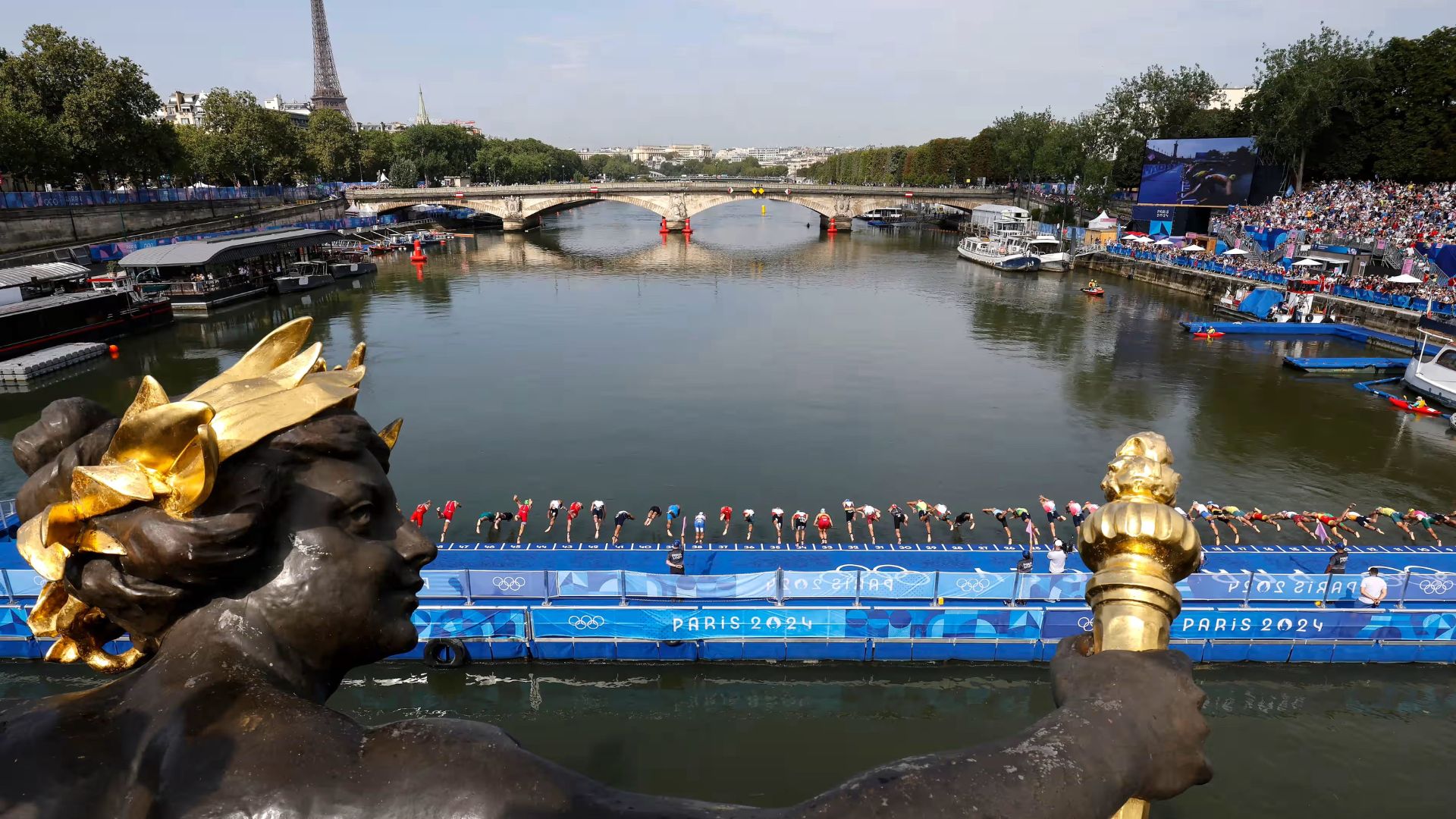
In the lead up to the summer games in Paris, controversy swirled about the safety of actually entering the Seine river.
It’s known as one of the most polluted bodies of water in the world. Similar to the Hudson or the river Thames, swimming in the Seine is not recommended. On the day that the women’s triathlon was meant to take place, E.coli levels were still out of control and the event had to be delayed.
Athletes Wanted To Swim
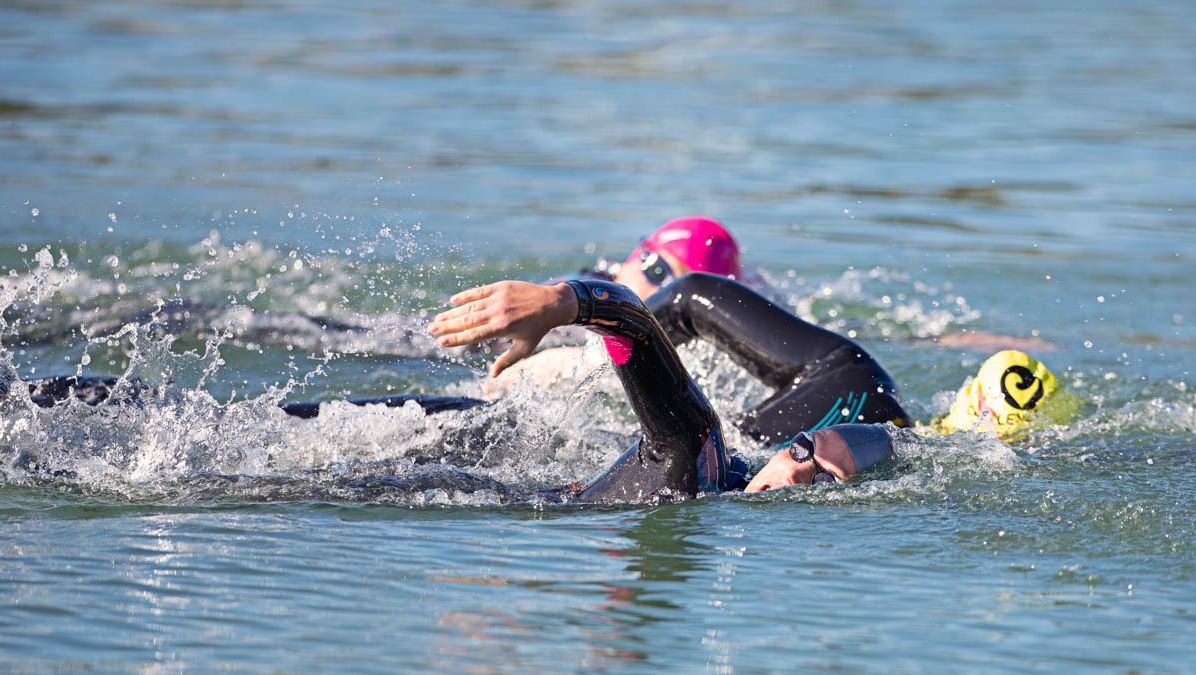
Despite the safety concerns for swimming, the athletes involved in the competition still wanted to finish the event.
Jolien Vermeylen of Belgium, who finished 24th overall in the event, said that the Olympic officials haven’t been doing their jobs or putting the safety of the athletes in the top priority. Despite this, she said that cancelling the event all together would have been a disgrace.
Filthy Waters
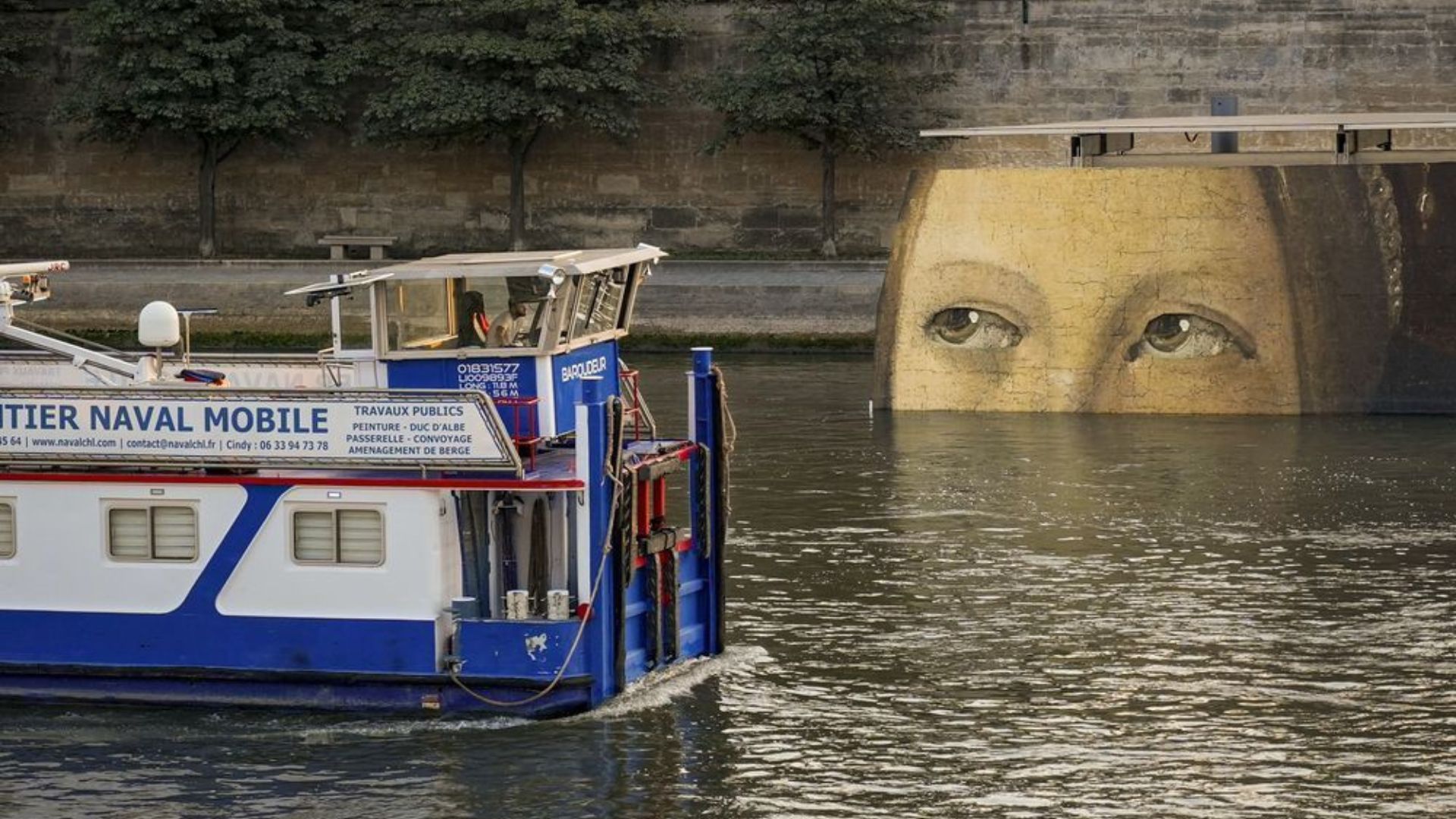
There are concerns now that the athletes forced to compete in the water might get sick in the coming weeks or days.
“While swimming under the bridge, I felt and saw things that we shouldn’t think about too much,” Vermeylen said. “I drank a lot of water, so we’ll know tomorrow if I’m sick or not. It doesn’t taste like Coca-Cola or Sprite, of course. The Seine has been dirty for a hundred years, so they can’t say the safety of the athletes is a priority. That’s bulls—,” Vermeylen added.
What France Did To Fix the Problem
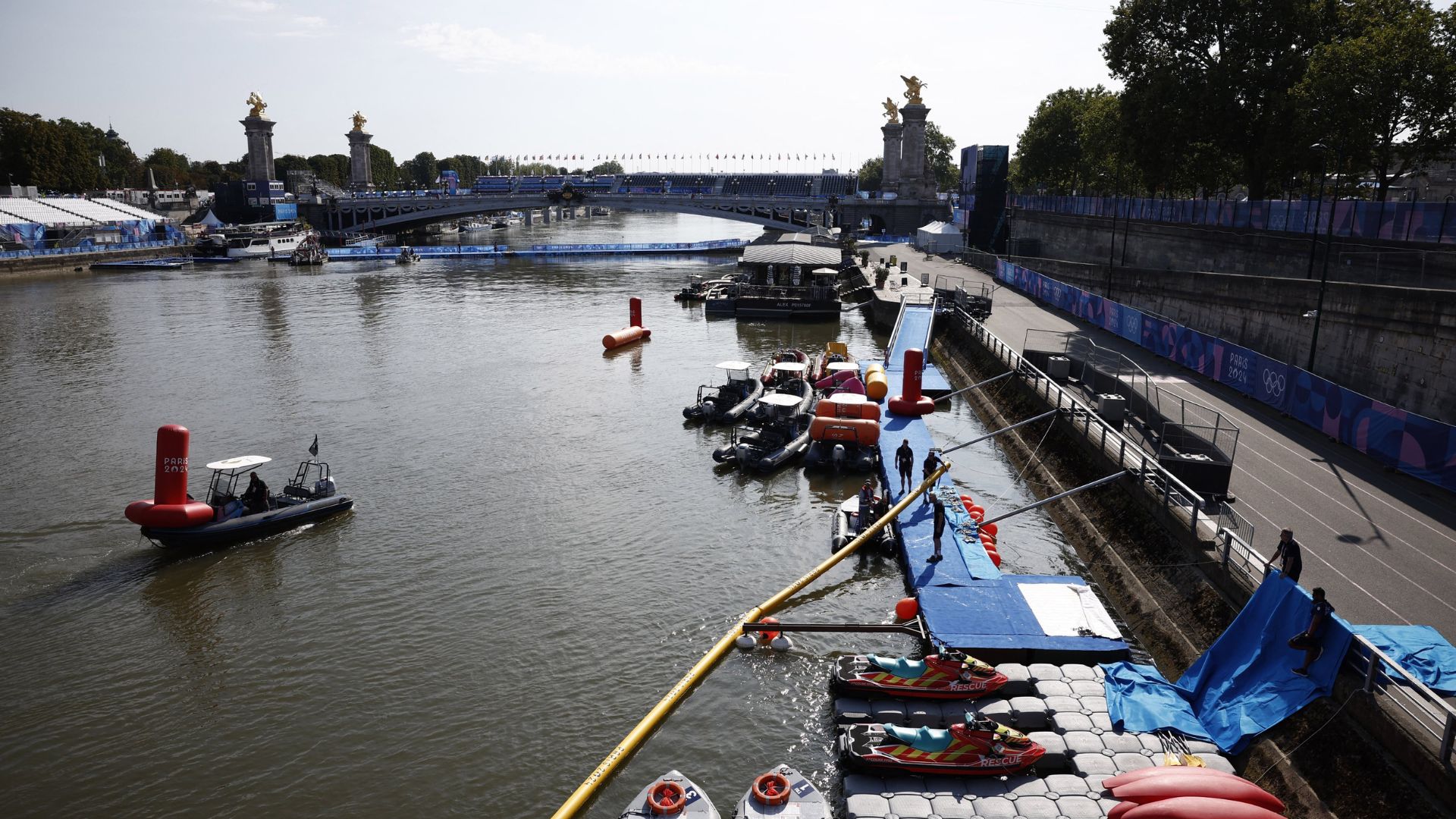
Coming into the Paris Olympics, which began in late July, the country spent more than $1.5 billion in an infrastructure plan to try and depollute the Seine.
However, after two years, the issue still wasn’t completely resolved, and athletes were forced to compete in conditions that put their health and safety at risk.
Men’s and Women’s Triathlon Went Ahead
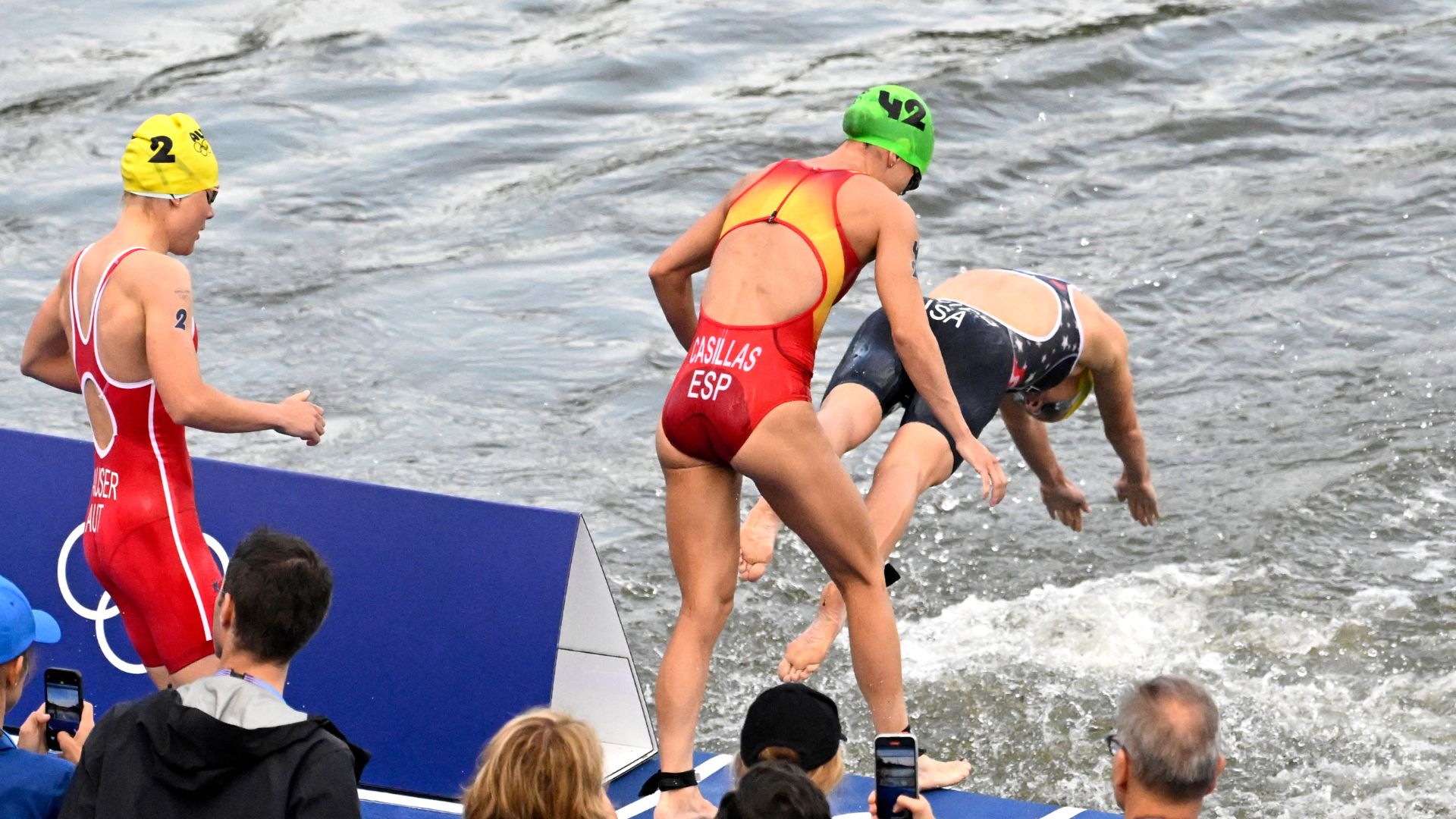
On Wednesday of this week, world class athletes met on the historic Pont Alexandre III bridge as the jumping off point for the Olympics triathlon.
Despite the issues, France’s own Cassandre Beaugrand won gold in the women’s event while England’s Alex Yee won gold in the mens. The mixed relay event will begin on Sunday, August 4.
Fears of Fecal Bacteria
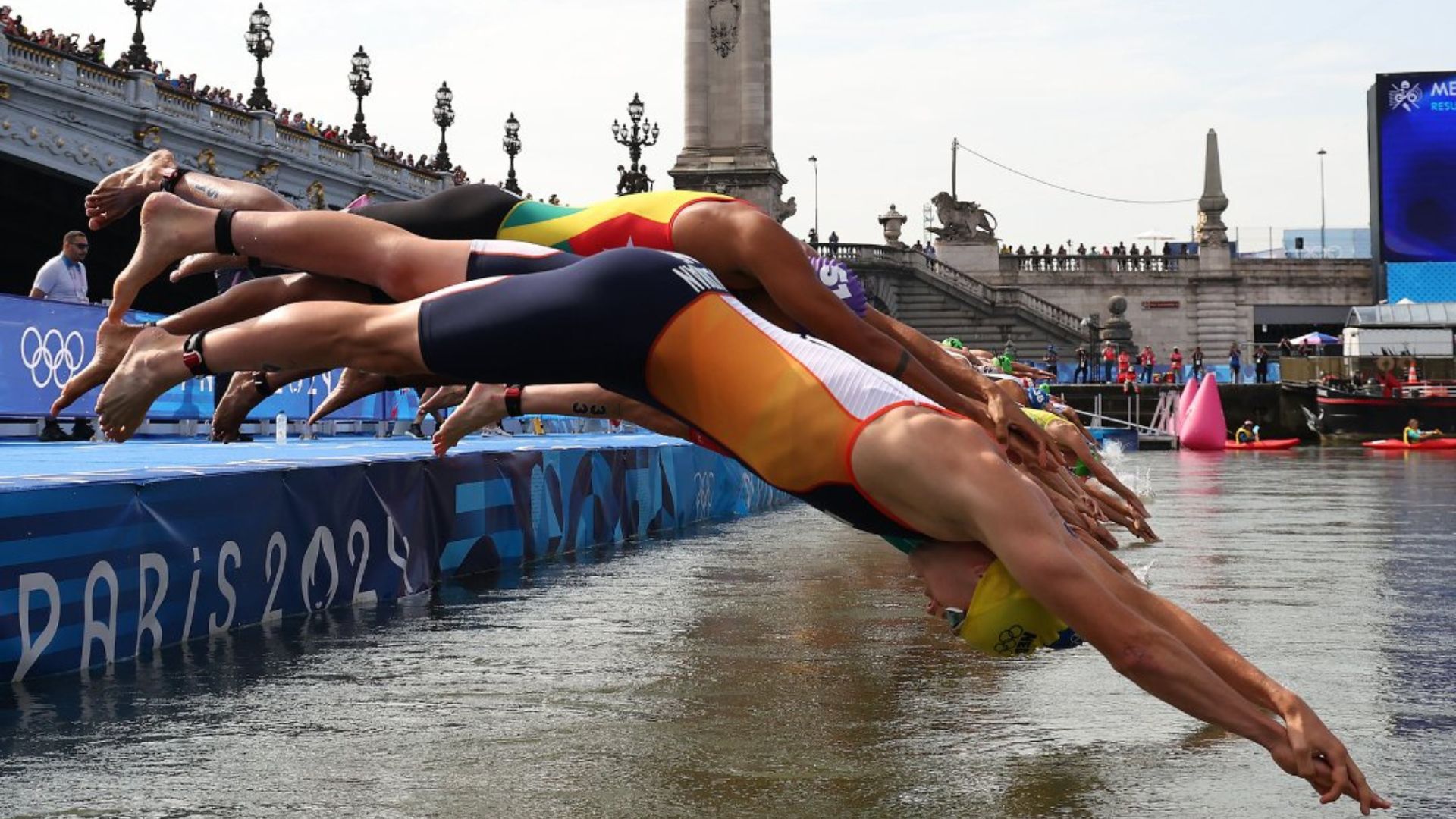
Both events were postponed on Wednesday of this week after testing on Tuesday “revealed water quality levels that did not provide sufficient guarantees to allow the event to be held.”
The independent test was undertaken by the World Triathlon organization and found heightened levels of fecal bacteria, E.coli and Enterococci, in the water.
What Are Safe Levels?
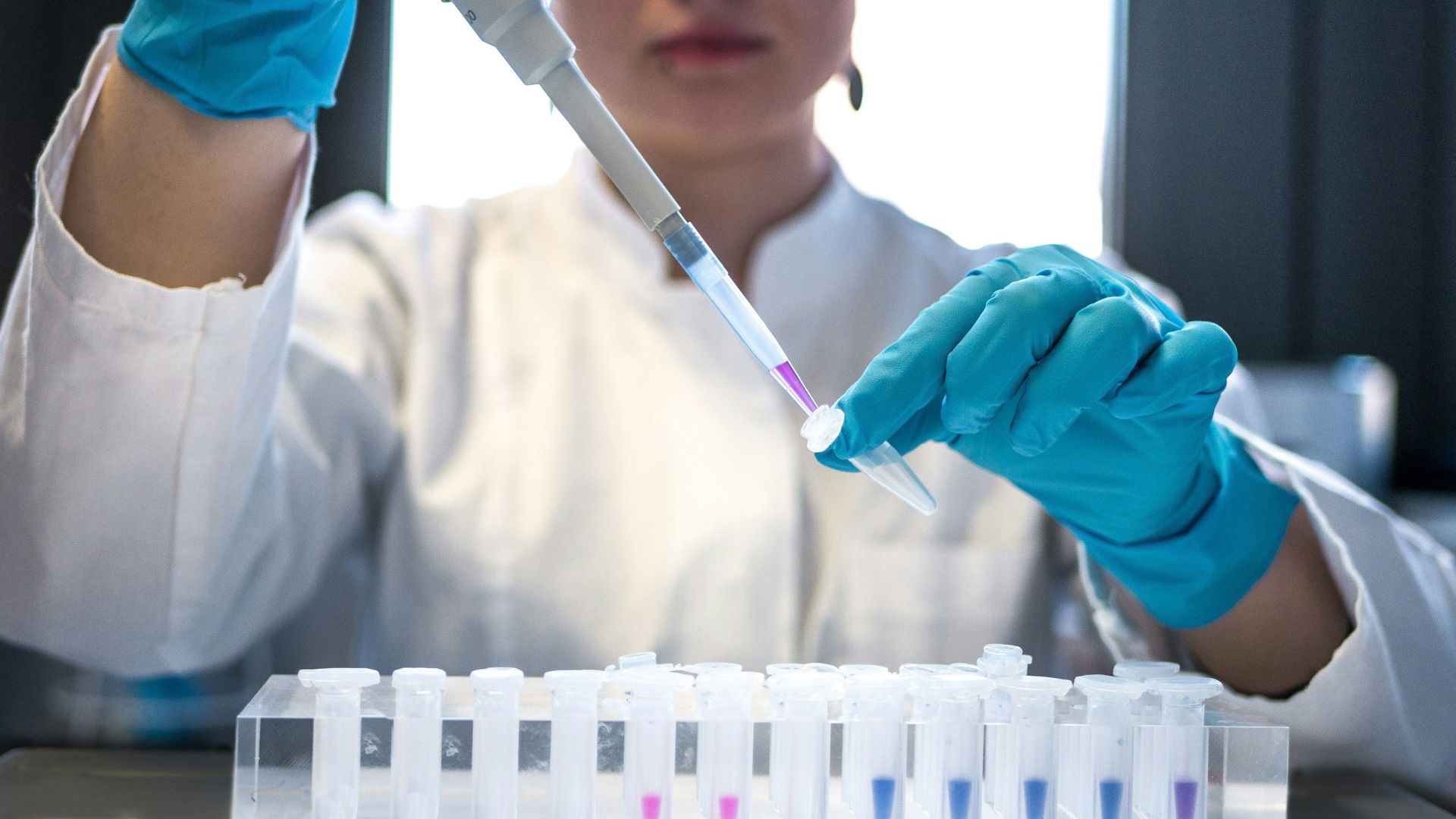
There are regulations put in place to measure the bacteria levels of outdoor bodies of water for theses types of events.
Per the governing body, E.coli levels cannot exceed 900 colony-forming units per 100 millilitres, while the Enterococci levels should not exceed 330 colony-forming units per 100 millilitres.
What Is E. Coli?
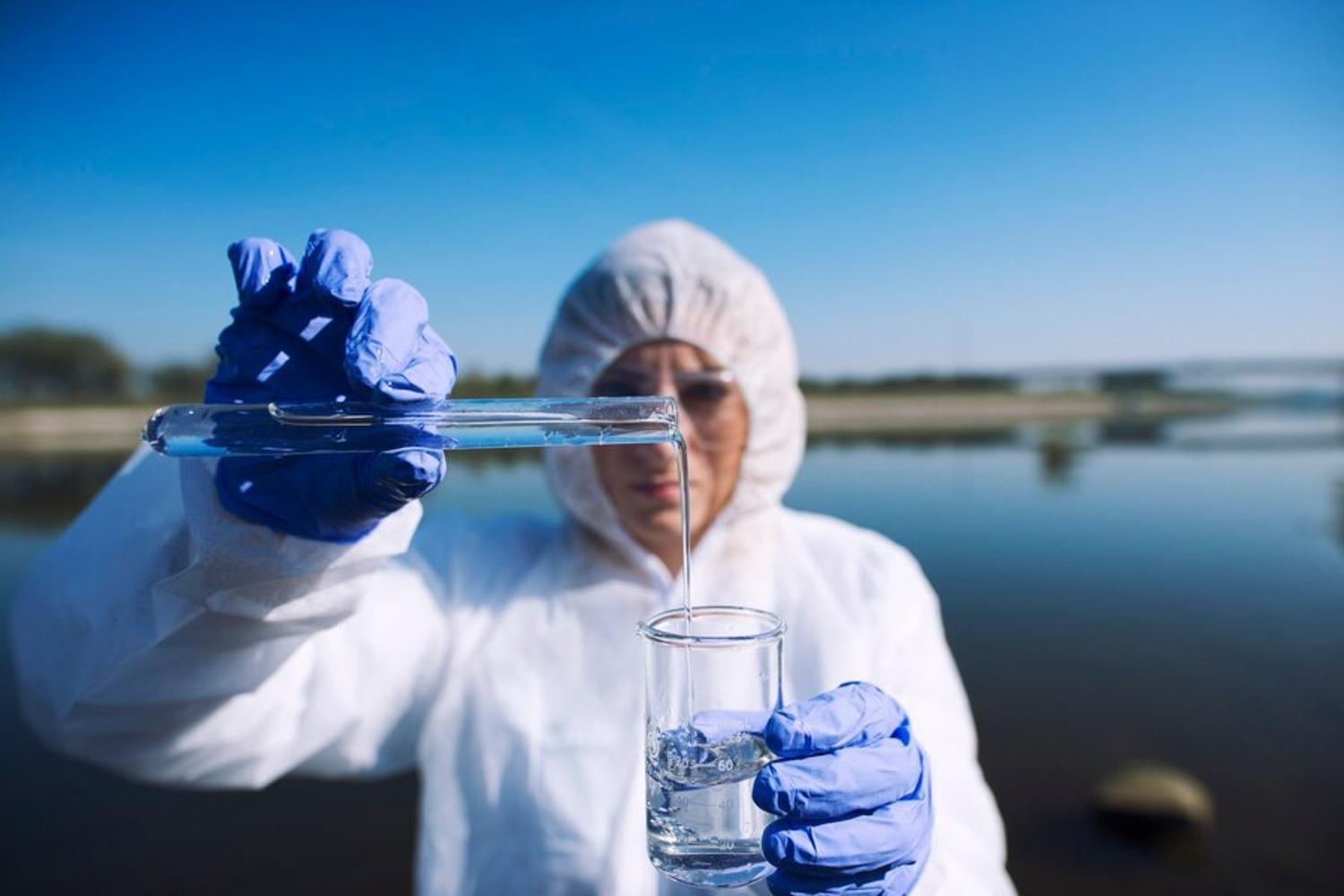
E. coli is a bacteria that is found almost everywhere in nature. However, the harmful strains of the bacteria are commonly found in contaminated vegetables, water, and undercooked meat.
There are many illnesses that can be associated with an infection, including food poisoning like symptoms, pneumonia, and urinary tract infections.
Will the Athletes Get Sick?
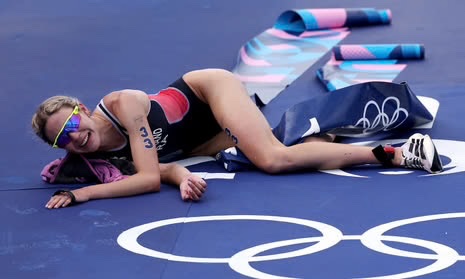
It’s hard to know if any of the athletes will contract an infection from the contaminated water.
As swimmer Vermeylen pointed out, the athletes saw some unpleasant things in the water, not including the microscopic bacteria.
When Do Symptoms Show Up?

Common symptoms of an E. Coli infection include vomiting, diarrhea, fever, and in some cases death.
The symptoms will most likely show up about 7 days after the initial exposure. So until a week or so passes from the first even in the Seine, the Olympics won’t know if they put athletes at risk.
Paris Mayor Took a Swim To Prove Cleanliness
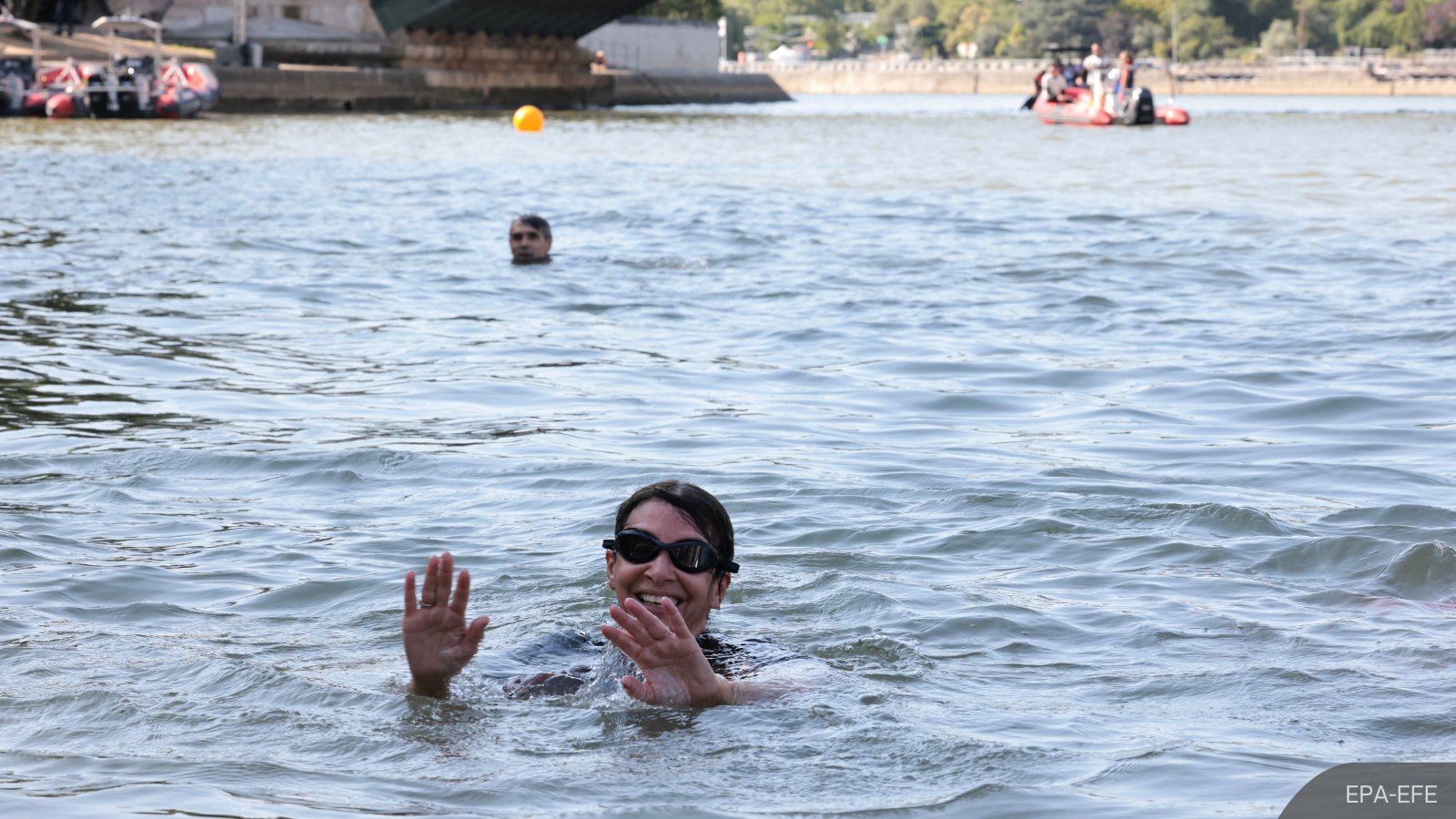
Earlier this month, Paris Mayor Anne Hidalgo, took a much publicized swim in the river to prove to the world that the waters in the Seine were safe for athletes.
Thankfully, Hidalgo did not incur any symptoms or illness following her brave stunt.








































